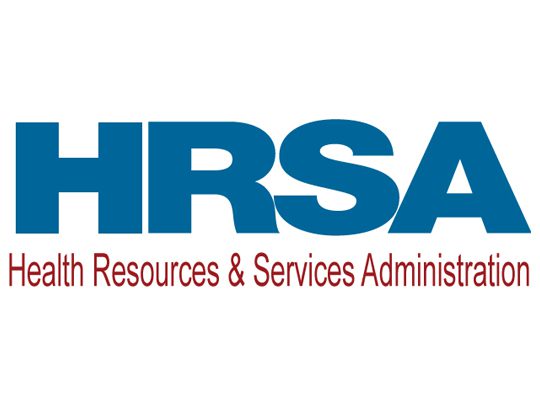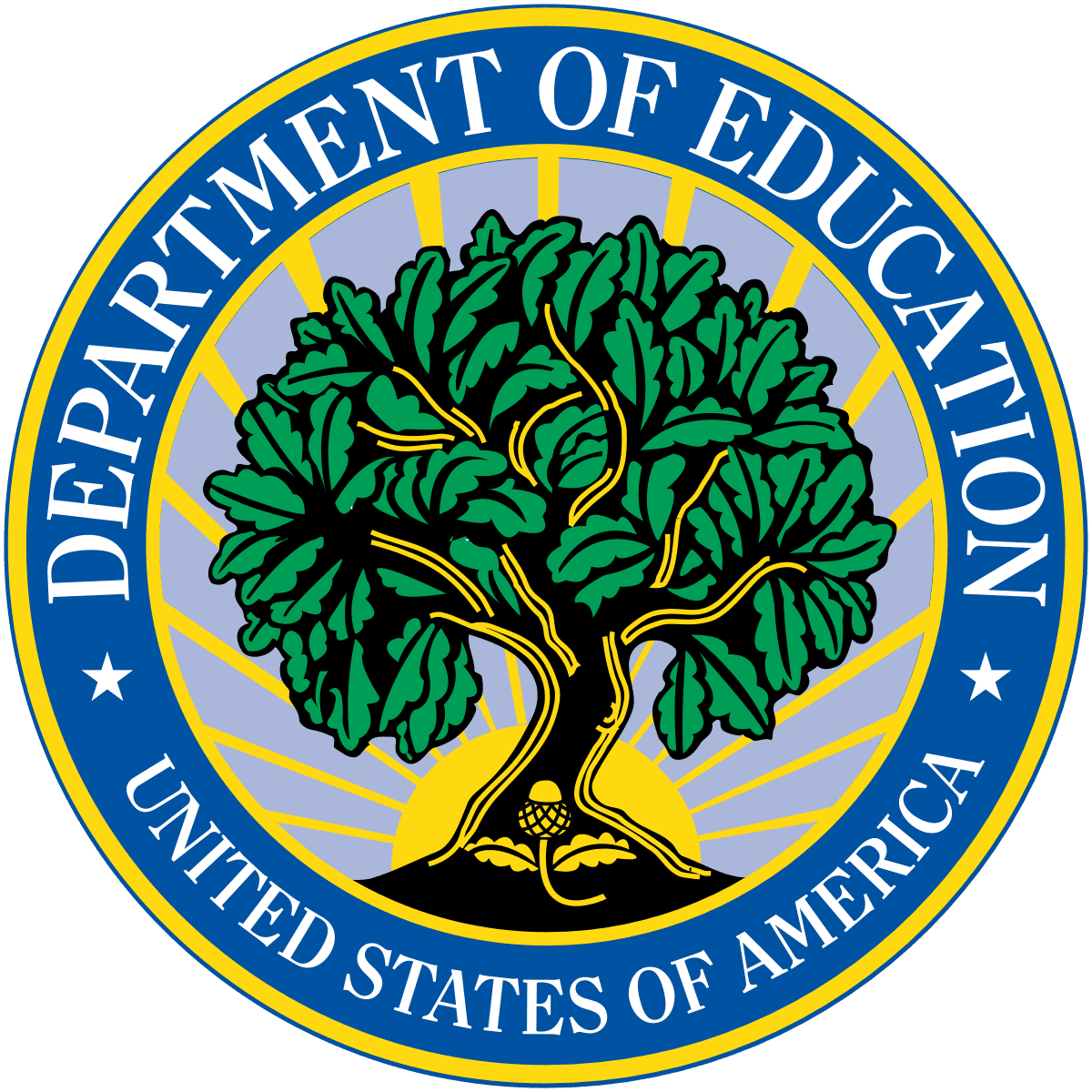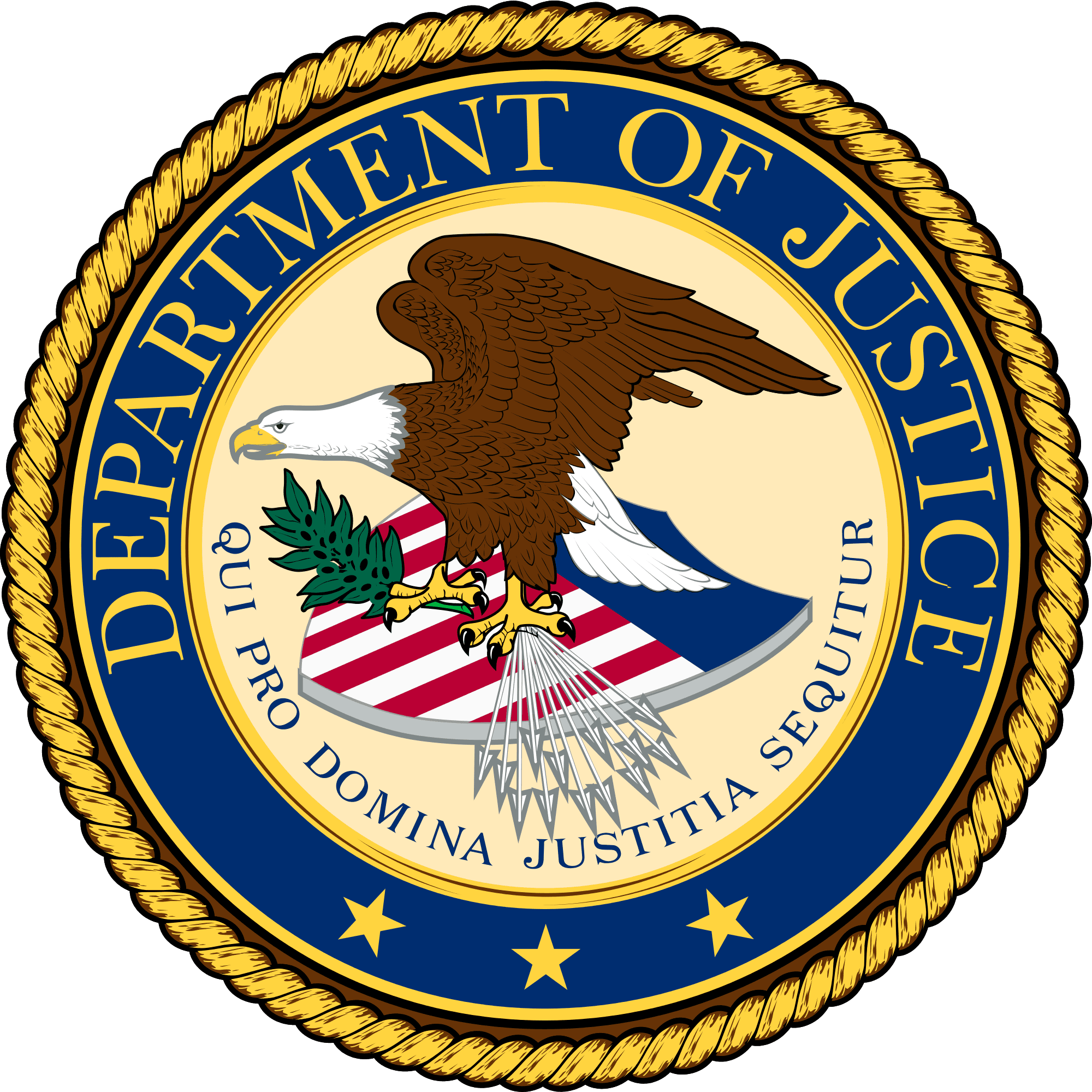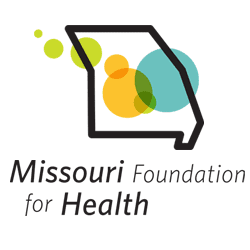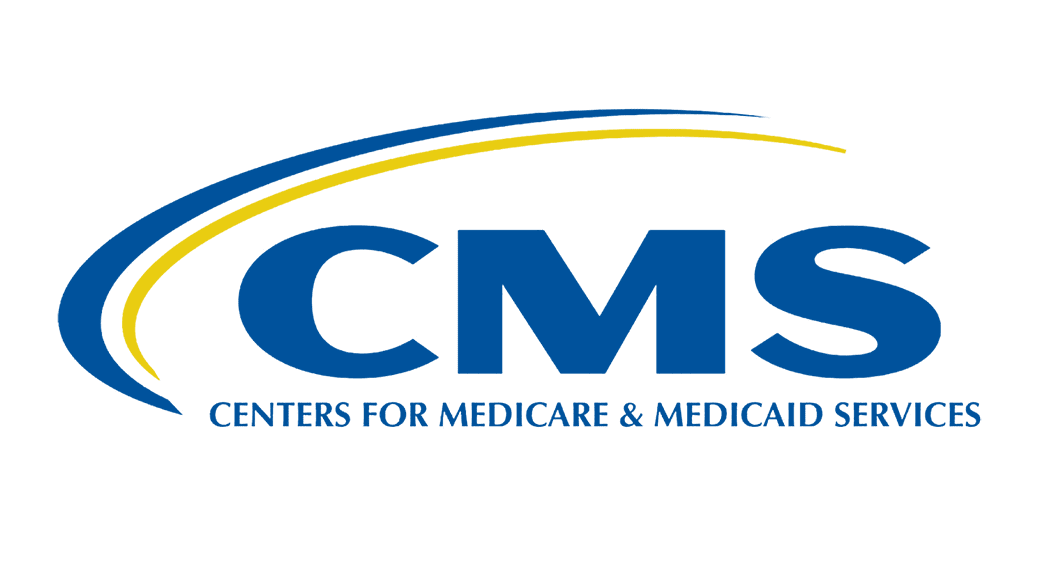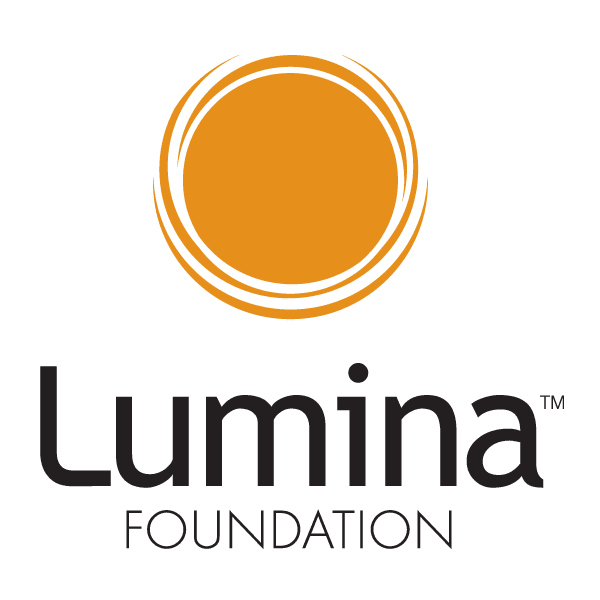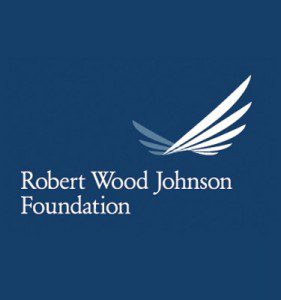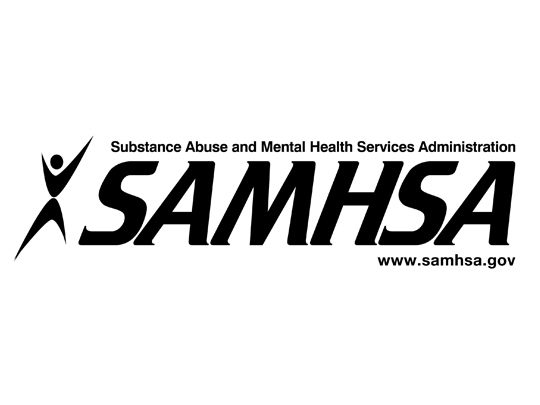GRANT WRITING
SAMHSA Resiliency in Communities After Stress and Trauma (RECAST)St. Louis County Department of Public Health
Challenge
Widespread social unrest erupted in the St. Louis metropolitan area when a white police officer shot and killed Michael Brown, an unarmed Black man, in the suburb of Ferguson in August 2014. Residents experienced significant stress and trauma following the killing, civil unrest and police response to protests. In 2016, the Substance Abuse and Mental Health Services Administration (SAMHSA) issued a grant opportunity titled Resiliency In Communities After Stress and Trauma (ReCAST). At the time of the SAMHSA ReCAST competition, a number of organizations and entities were actively engaged in helping community heal from the trauma of these events and rebuild community trust across sectors. Many were also reckoning with deeply entrenched systems of policing, criminal justice reform and disinvestment in communities of color. In response to the SAMHSA opportunity, the St. Louis County Department of Public Health (DPH) assembled a broad table of partners, including providers of mental health services, trauma-informed service trainers, economic development entities, and youth advocates. In addition to these initial partners, there were dozens of organizations already working in community and responding to needs for trauma-informed training and building resiliency in focus neighborhoods.
SAMHSA requested that applicants include in their project activities a comprehensive needs assessment, but the community of focus was already experiencing research fatigue from the numerous studies and analyses that had been produced following the incidents in Ferguson. The Ferguson Commission had delivered an unflinching account of the racial inequities in the region, and there had been other local reports and data analyses that clearly demonstrated the needs and gaps in the area. The DPH team didn’t want to go back to ask the community the same questions again, and they wanted to engage in a project that would be resident-driven and centered in the communities served. DPH proposed an innovative solution: community-based participatory budgeting to disseminate grant funds directly into groups and organizations that were bolstering youth resiliency and leading community-building work. This would require cross -walking the funder requirements to existing and planned activities, as well as pitching a deviation to the standard expectations of the program in order to design a project that met the real needs and desires of the community.
AWARD AMOUNT: $4.7M
Solution
- Provided timeline of team decisions, data collection and outreach to develop draft narratives
- Supported consensus-driving process, including preparatory research for stakeholder meetings and follow-up reflection documents outlining decisions reached and next steps
- Conducted audit and analysis of local organizations providing services that promote community resilience and healing, including youth empowerment, economic investment, trauma-responsive care, mental health services, criminal justice reform and violence prevention
- Compiled timeline and impact of civil unrest in St. Louis and how acute and sustained trauma and economic disinvestment have impacted youth and families in the area
- Created tailored requests for information for all key partners to better understand their service capacities and current programs in context of funder requirements
- Cross-walked requirements of the grant program with what had already been accomplished to date and assets that were in place to serve the focus community
- Analyzed existing reports and needs assessments to identify common themes across findings and connect those to funder requirement for the purposes of justifying a comprehensive meta-analysis rather than another duplicative needs assessment
- Researched the evidence-based rationale for the unique approach of community-based participatory budgeting to signal a true shift in power and authority
- Supported negotiation of budget line items across partners to differentiate between grant-funded activities and those that could be provided through other means
- Developed detailed, unique letters of commitment for 17 project partners that clearly demonstrated their expertise, capacities and roles in the project
- Provided technical assistance to help frame budget request, develop confidentiality and human subjects protocols, meet submission requirements and comply with OMB and HHS requirement
Grant Awards
Want To Learn More?
Find out how Silver Arrow Strategies can help you achieve a new level of movement building, stakeholder engagement and shared vision for collective impact.

